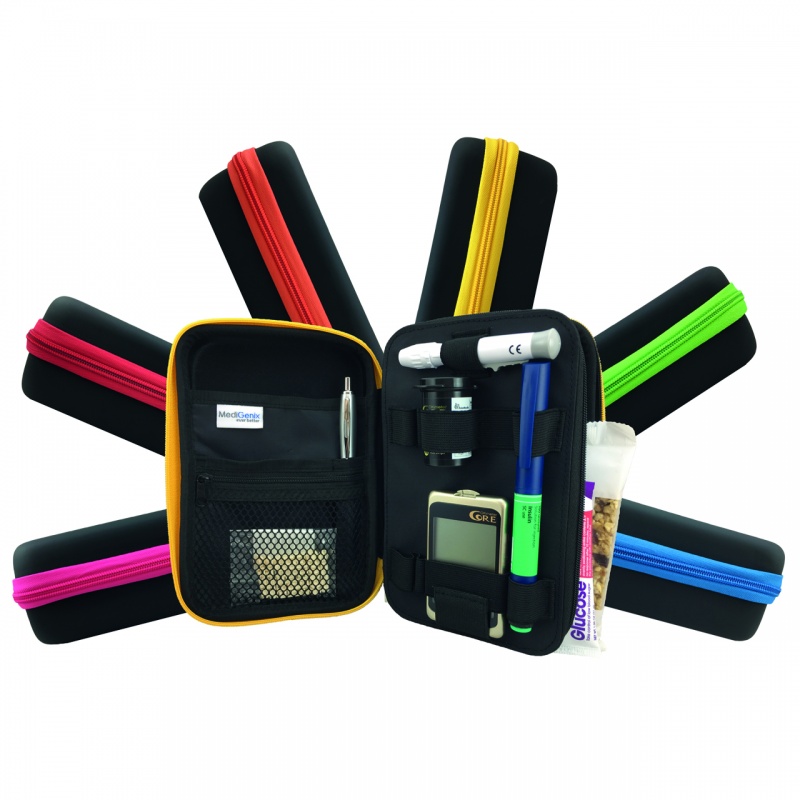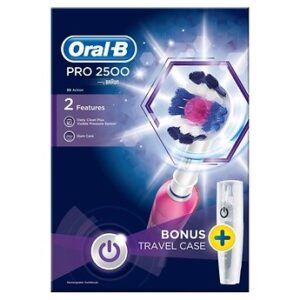Description
Glycated hemoglobin (A1C) test. This blood test shows your average blood sugar level for the past 2 to 3 months. It measures the amount of blood sugar attached to the oxygen-carrying protein in red blood cells (hemoglobin). The higher the blood sugar levels, the more hemoglobin you’ll have with sugar attached. An A1C level of 6.5% or higher on two separate tests means you have diabetes.
If the A1C test isn’t available, or if you have certain conditions that can make the A1C test inaccurate ? such as pregnancy or an uncommon form of hemoglobin (hemoglobin variant) ? your provider may use these tests:
Random blood sugar test. A blood sample will be taken at a random time and may be confirmed by additional tests. Blood sugar values are expressed in milligrams per deciliter (mg/dL) or millimoles per liter (mmol/L). No matter when you last ate, a random blood sugar level of 200 mg/dL (11.1 mmol/L) or higher suggests diabetes.
Fasting blood sugar test. A blood sample will be taken after you don’t eat (fast) overnight. A fasting blood sugar level less than 100 mg/dL (5.6 mmol/L) is healthy. A fasting blood sugar level from 100 to 125 mg/dL (5.6 to 6.9 mmol/L) is considered prediabetes. If it’s 126 mg/dL (7 mmol/L) or higher on two separate tests, you have diabetes.






Reviews
There are no reviews yet.